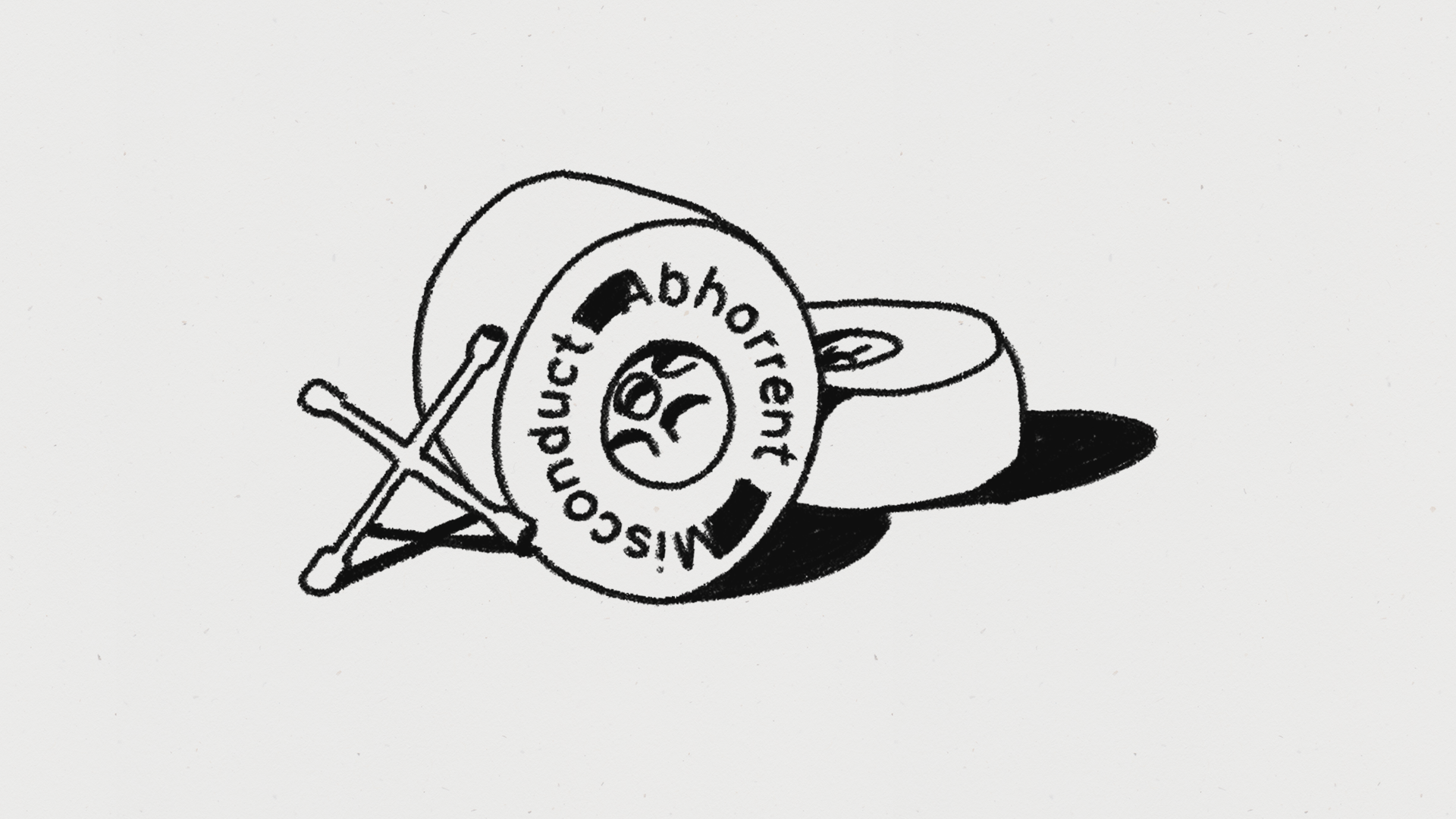Formula One is starting its season with a driver who inappropriately touched a woman in its line-up
Content warning: Sexual harassment
I need to get it off my chest: my favourite sport is going in a direction that I cannot ignore anymore.
As Formula One’s (F1) 2021 season began this past weekend, I am now, more than ever, realizing how it is basically the white, straight man’s sport of honour.
As a woman, being an F1 fan is hard.
Back in 2013, my 16-year-old self was ecstatic when I saw a woman would be in charge of an F1 team for the first time; Claire Williams.
Williams’ Formula One team, however, has not been performing as it once was for the past few years.
Now, many would be quick to associate this downfall with Claire Williams’ promotion; however, the team was doomed to fail since the 1998 Concorde Agreement; a contract which dictates how F1’s television revenues and prize money are distributed, changing the money distribution drastically.
Williams was not even given a fair chance as she was the victim of the glass cliff.
This phenomenon occurs when women in leadership roles, such as company executives or even political candidates, are more likely than men to achieve these positions when the organization is facing crisis or the chance of failure is high.
Williams addressed her struggles linked to sexism and even mentioned how it got worse once she became a mother.
“I have actually had someone say to me that a lot of people in the Formula One paddock think that the team started doing badly when I fell pregnant and had a baby,” she said. “How dare they? There are nine other team principals in F1 and I am sure the majority of them have children. Would you ever level that criticism at them?”
As I grew up trying to find my place as a woman in the sport, I had to endure seeing my only representation in the sport being critiqued all these years for supposedly leading the team to failure.
As a young girl, the only image I had of women in the sport was of its “Grid Girls,” and how conventionally beautiful and useless, for a lack of better word, they were.
Despite their absence today, the image of the paddock remains a playground of sexual advantage that catters to a heterosexual male audience.
As Hazel Southwell, a motorsport journalist, wrote: “Women who work in motor sport warn each other about the predators because they don’t face consequences. I know more women who’ve left the sport after harassment, by far, than men who’ve got even a stern email about doing it.”
This toxic climate was always something I knew of from hearsay, but never actually something I wanted to believe, until Dec. 9, 2020.
Only eight days after Nikita Mazepin was announced as a Haas 2021 driver, he posted a video on his Instagram story where he can be seen groping a woman’s breast.
Mazepin’s list of controversies already included punching another driver in the Formula 3 paddock in 2016, demanding nude pictures from a woman in exchange for paddock tickets, endorsing racist comments, and record-breaking violent driving on the track.
The incident was met with outrage amongst fans, as the hashtag #WeSayNoToMazepin was circulating on social media, and a Change.org petition was created demanding the driver face proper correctional measures.
What is frustrating as a woman who enjoys the sport, who has given money to the sport and who would eventually like to work in it, is that the only thing I got was a statement from the Haas Team condemning his actions, but keeping him on board for the ride and saying that “No further comments shall be made.”
The son of a billionaire who will most likely help the sole American team to get out of its financial struggles, Mazepin’s controversy was quite frankly not the groping, but the broadcast of it.
He made an embarrassment of the sport and the Haas team, upset the sponsors and, most intriguingly, opened up the curtain behind the sexism still present in the paddock.
Although I believe that punishing Mazepin for his actions should not be too much to ask for in 2021, I do believe the F1 group and the Fédération Internationale de l’Automobile (FIA) should address Mazepin’s case as what it truly is: not an isolated incident.
I am writing this article as McLaren driver and Twitch streamer Lando Norris’ sexist comments during a recent stream have just come out.
Norris can be heard objectifying women as he refers to them as “yours,” “mine,” “that one” and “the nationality one.”
In times dominated by seven-time World Champion Lewis Hamilton, where every driver wants to be as fast as him on track and every fan admires him for his performance, maybe the men of F1 should start taking notes on his off-track activism as well.
After years of watching the sport demonize my gender, at the start of the 2021 season, I am left feeling as though I am going back into a toxic relationship. Because the part of me that loves the sport believes it can change for the better.
But will the sport I love ever love me back?
Graphic by Taylor Reddam
